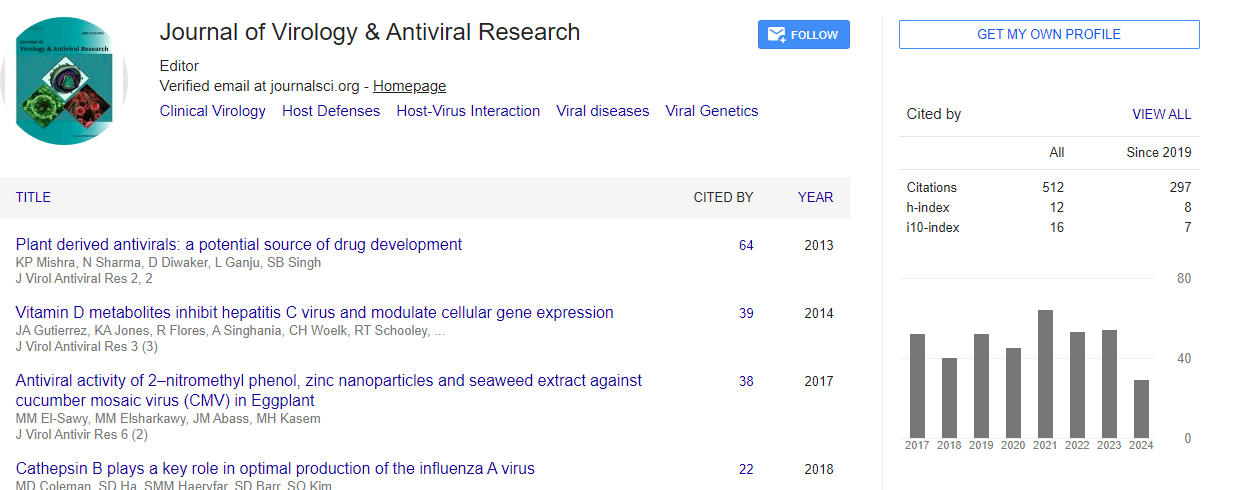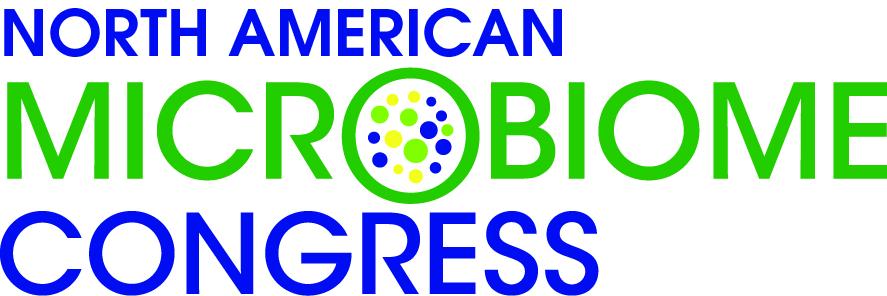Opinion Article, J Virol Antivir Res Vol: 12 Issue: 1
Viral Therapy Advances for Treating Diseases
Jong Dejian*
Department of Laboratory Medicine, First Affiliated Hospital, College of Medicine, Zhejiang University, Hangzhou, China
*Corresponding Author: Jong Dejian
Department of Laboratory Medicine, First Affiliated Hospital, College of Medicine, Zhejiang University, Hangzhou, China
E-mail: JonDeji@zju.edu.cn
Received date: 01 January, 2023, Manuscript No. JVA-23-95279;
Editor assigned date: 03 January, 2023, PreQC No. JVA-23-95279 (PQ);
Reviewed date: 17 January, 2023, QC No. JVA-23-95279;
Revised date: 24 January, 2023, Manuscript No. JVA-23-95279 (R);
Published date: 30 January, 2023, DOI: 10.4172/2324-8955.1000675
Citation: Dejian J (2023) Viral Therapy Advances for Treating Diseases. J Virol Antivir Res 12:1.
Description
In recent years, the field of medicine has witnessed remarkable advancements in viral therapy, a ground-breaking approach that utilizes viruses as tools for treating diseases. Viruses, once considered as mere pathogens that cause diseases, are now being harnessed as powerful tools for targeted and effective therapies. This paradigm shift in our understanding of viruses has opened new doors for treating previously incurable diseases, and the potential of viral therapy is creating a buzz in the medical community.
Viral therapy, also known as virotherapy, involves the use of viruses to target and destroy disease cells in the body. Viruses can be engineered or modified to specifically target and infect cancer cells, bacteria, or other disease-causing agents while sparing healthy cells. This makes viral therapy a highly precise and targeted approach for treating diseases, with minimal side effects compared to traditional therapies such as chemotherapy or radiation.
One of the most promising applications of viral therapy is in the treatment of cancer. Oncolytic viruses, which are engineered to selectively target and destroy cancer cells, have shown great potential in clinical trials. These viruses can be designed to replicate within cancer cells, leading to their destruction, and also stimulate the immune system to mount an anti-tumour response. Clinical studies have shown promising results in various cancer types, including melanoma, breast cancer, and lung cancer, with some patients achieving complete remission. Viral therapy for cancer is also being explored in combination with other treatments such as immunotherapies to enhance the overall therapeutic response.
Apart from cancer, viral therapy is also showing the promise in treating other diseases. For instance, in the field of gene therapy, viral vectors are used to deliver therapeutic genes into cells to correct genetic disorders. Viral vectors, which are modified viruses, can deliver the correct version of a defective gene into the patient's cells, thereby correcting the underlying genetic mutation. This approach has shown success in treating genetic diseases like spinal muscular atrophy, haemophilia, and inherited retinal diseases.
Advancements in viral therapy
The field of viral therapy is rapidly evolving, with continuous advancements pushing the boundaries of what is possible. Here are few of the advancements in viral therapy:
Improved viral vector design: Viral vectors, which are used to deliver therapeutic genes into cells, are being continuously improved for enhanced safety and efficacy. Advancements in viral vector design, such as the use of self-inactivating lentiviral vectors, have reduced the risk of unintended gene activation and improved the safety profile of gene therapy.
Enhanced tumor targeting: Oncolytic viruses are being engineered with enhanced tumour targeting capabilities. For example, some oncolytic viruses are designed to selectively replicate in cancer cells with specific genetic mutations, making them highly effective in targeting tumours with those mutations. This allows for personalized and precision medicine approaches in cancer treatment.
Combination therapies: Viral therapy is being explored in combination with other treatments to further enhance therapeutic outcomes. For instance, viral therapy can be combined with immunotherapies to boost the immune response against cancer cells. Combination therapies are showing promising results in clinical trials, and their potential for synergistic effects is being actively researched.
Novel viral platforms: New viral platforms are being discovered and engineered for viral therapy. For example, the use of oncolytic viruses derived from non-human viruses, such as vesicular stomatitis virus or reo-virus, is being explored for their unique properties and potential in treating diseases.
Enhanced safety measures: Safety measures in viral therapy are being continuously improved to minimize the risk of adverse effects. This includes rigorous testing and screening of viral vectors for potential toxicity, off-target effects, and immune response. Additionally, advancements in gene editing technologies, such as CRISPR-Cas9, are being integrated with viral therapy to precisely control the viral replication and targeting, further enhancing the safety profile of viral therapy.
Conclusion
Viral therapy is a rapidly evolving field with immense potential for revolutionizing disease treatment. The ability to harness viruses as powerful tools for targeted therapies has opened new possibilities in treating diseases that were once considered incurable. Advancements in viral vector design, tumour targeting, combination therapies, novel viral platforms, and safety measures are continuously pushing the boundaries of viral therapy and paving the way for ground-breaking treatments. However, it is important to ensure rigorous research, clinical trials, and regulatory approvals to ensure the safety and efficacy of viral therapies. With further advancements, viral therapy has the potential to transform the landscape of medicine and offer new hope for patients with various diseases.
 Spanish
Spanish  Chinese
Chinese  Russian
Russian  German
German  French
French  Japanese
Japanese  Portuguese
Portuguese  Hindi
Hindi 

